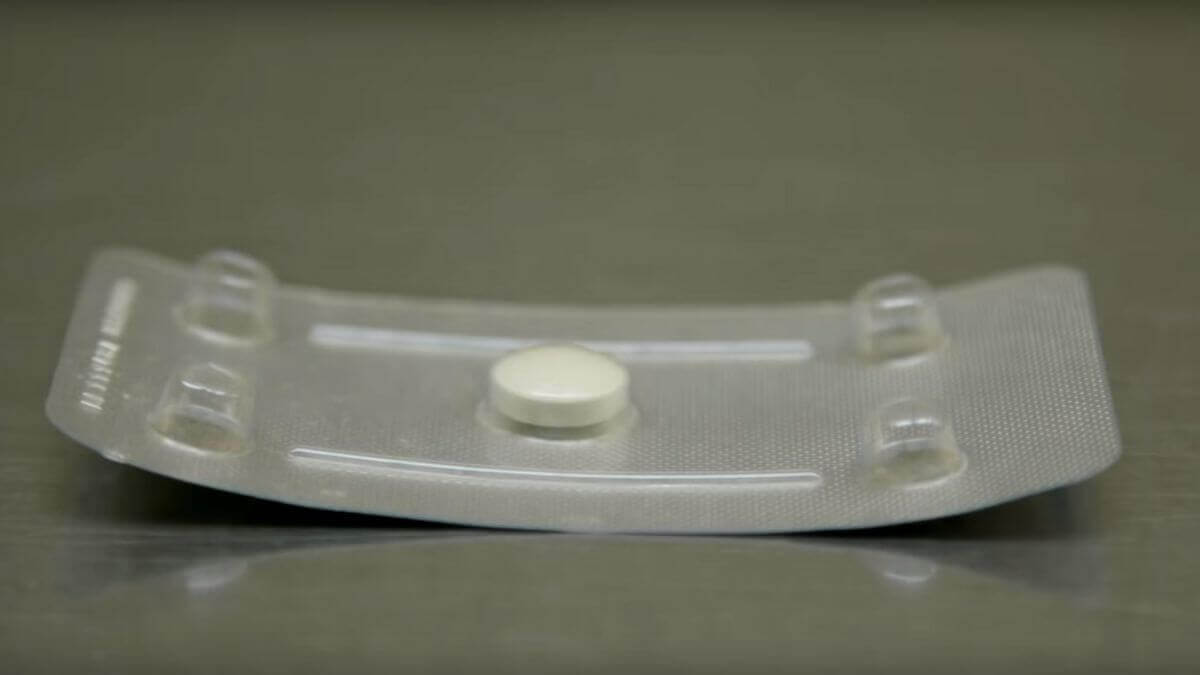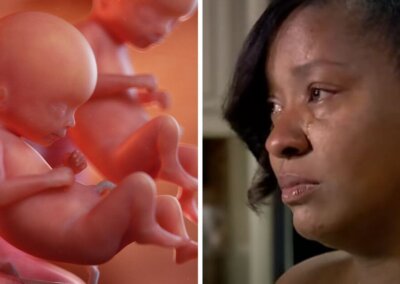Data released today (22/07) as a result of a Freedom Of Information request by Right To Life UK, shows that the BBC grossly exaggerated the actual number of women in the UK who have ordered illegal abortion pills online from overseas.
BBC coverage from 2017 implied that increasingly large numbers of individual women were directly ordering abortion pills from website overseas. This in turn suggested that there had been an increased demand from individual women for illegal abortion pills over a number of years.
However, the BBC’s presentation of the facts was extremely misleading. They disclosed the total number of abortion pills that have been seized each year since 2013, but failed to disclose that only one or two parcels of abortion pills had actually been seized each year.
So, instead of the hundreds of individuals apparently illegally ordering abortion pills online, the Freedom of Information request showed only a handful of individuals had ordered parcels containing abortion pills.
The data has been released as abortion campaigners seek to use alleged demand from women for illegal online abortion pills as a rationale for introducing a new radical abortion law to England and Wales.
In fact, the data obtained from the Medicines and Healthcare Products Regulatory Agency showed that between 2013 and 2016 only 6 parcels containing abortion pills were seized at the border.
Operation Pangea seizures of abortion pills
| 2013 | 2014 | 2015 | 2016 | |
| Number of abortion pills seized: | 5 | 180 | 270 | 375 |
| Actual number of parcels (not reported by BBC): | 1 | 1 | 2 | 2 |
A spokesperson for Right To Life, Clare McCarthy said:
“It is very disappointing that the BBC have mislead the public around this. They appear to have mislead the public by omitting the vital point in their reporting that only one or two parcels a year had actually been seized, rather than hundreds.”
“Anyone who read the original coverage on this would have been lead to believe that 100s of individual women were ordering abortion pills online from overseas providers. The data released today shows that this likely not the case at all.”
“In fact, only a very small number of parcels had been imported by either a couple of individuals or possibly by abortion campaigners to make it appear that there was a very high demand from individual women. The BBC have selectively reported this misleading figure, leading the public to believe there was much higher demand from individual women for abortion pills from online overseas providers than is likely actually the case.”
“We are calling on the BBC to correct all the coverage they have given this issue and publicly commit to balanced reporting on this issue in the future.”











